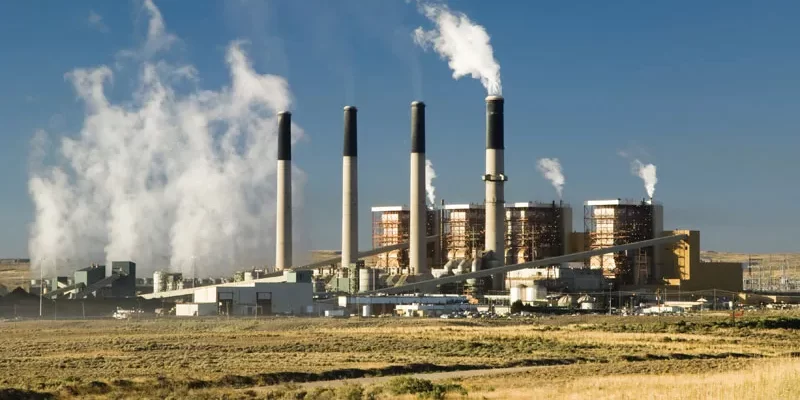Energy ministers from G20 countries met on Saturday in India without reaching an agreement on a timeline to progressively reduce reliance on fossil fuels (oil, gas, and coal).
Justifying the impasse, India, which currently presides over the G20 (comprising the 19 largest economies in the world and the European Union) until November, explained that some members wanted “a continuous reduction of fossil fuels” without relying on carbon capture or storage devices, “in accordance with different national circumstances.”
According to the Indian presidency, other G20 members “have a different opinion on whether carbon capture and storage technologies meet these needs.”
In the end, the declaration from the meeting in Goa doesn’t even mention coal, one of the major contributors to global warming, but also one of the main sources of energy for countries like India, the world’s most populous nation, and China, the second-largest global economy.
The lack of agreement within the G20 comes two months after the leaders of the G7 (Germany, Canada, United States, France, Italy, Japan, and the United Kingdom) expressed their willingness to accelerate the phasing out of fossil fuels.
A coalition of 18 countries, led by the Marshall Islands, called for an “urgent exit from fossil fuels” on Friday. However, many developing countries believe that wealthy and major-polluting nations should finance the energy transition more substantially.
![]()




